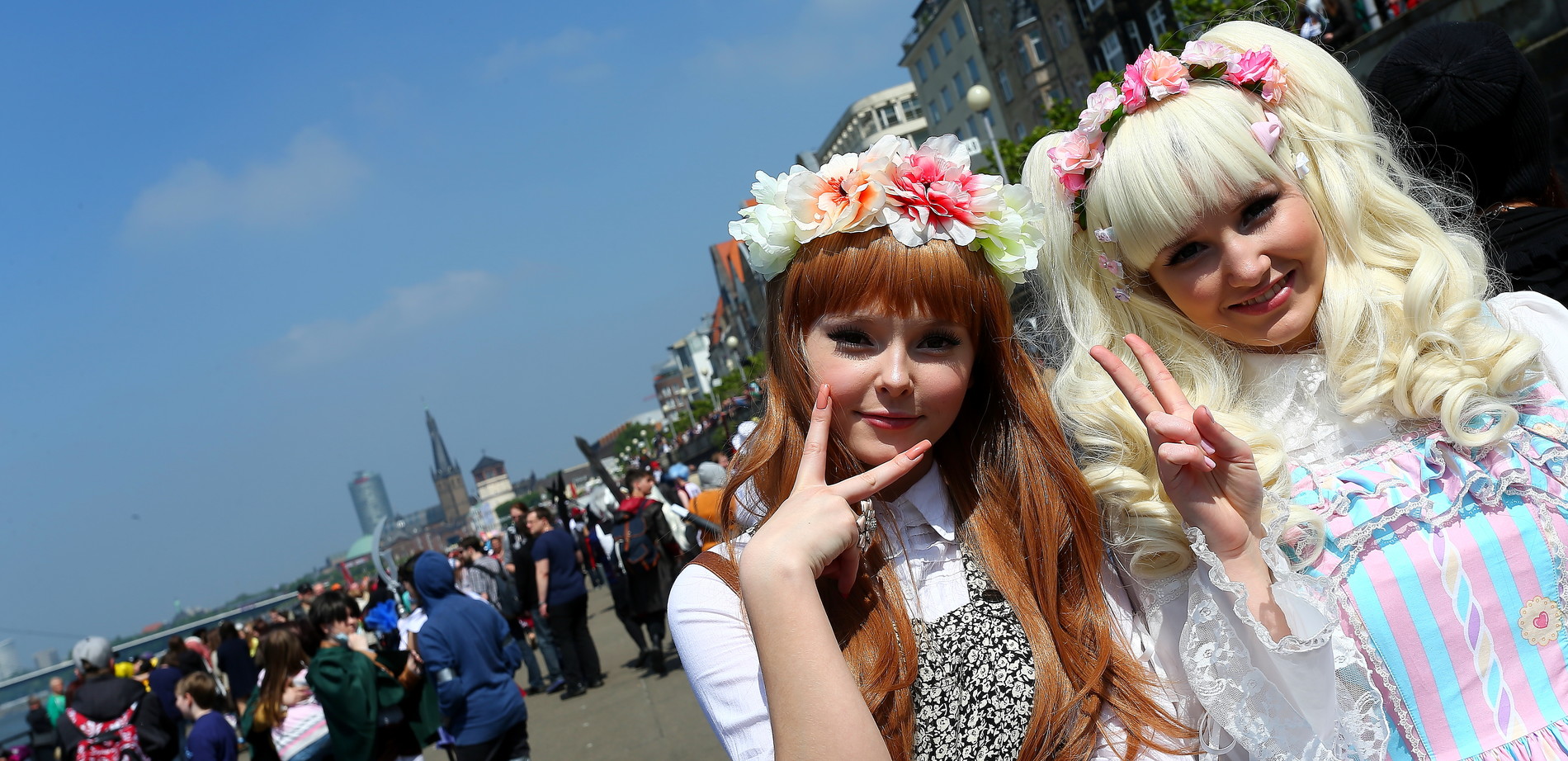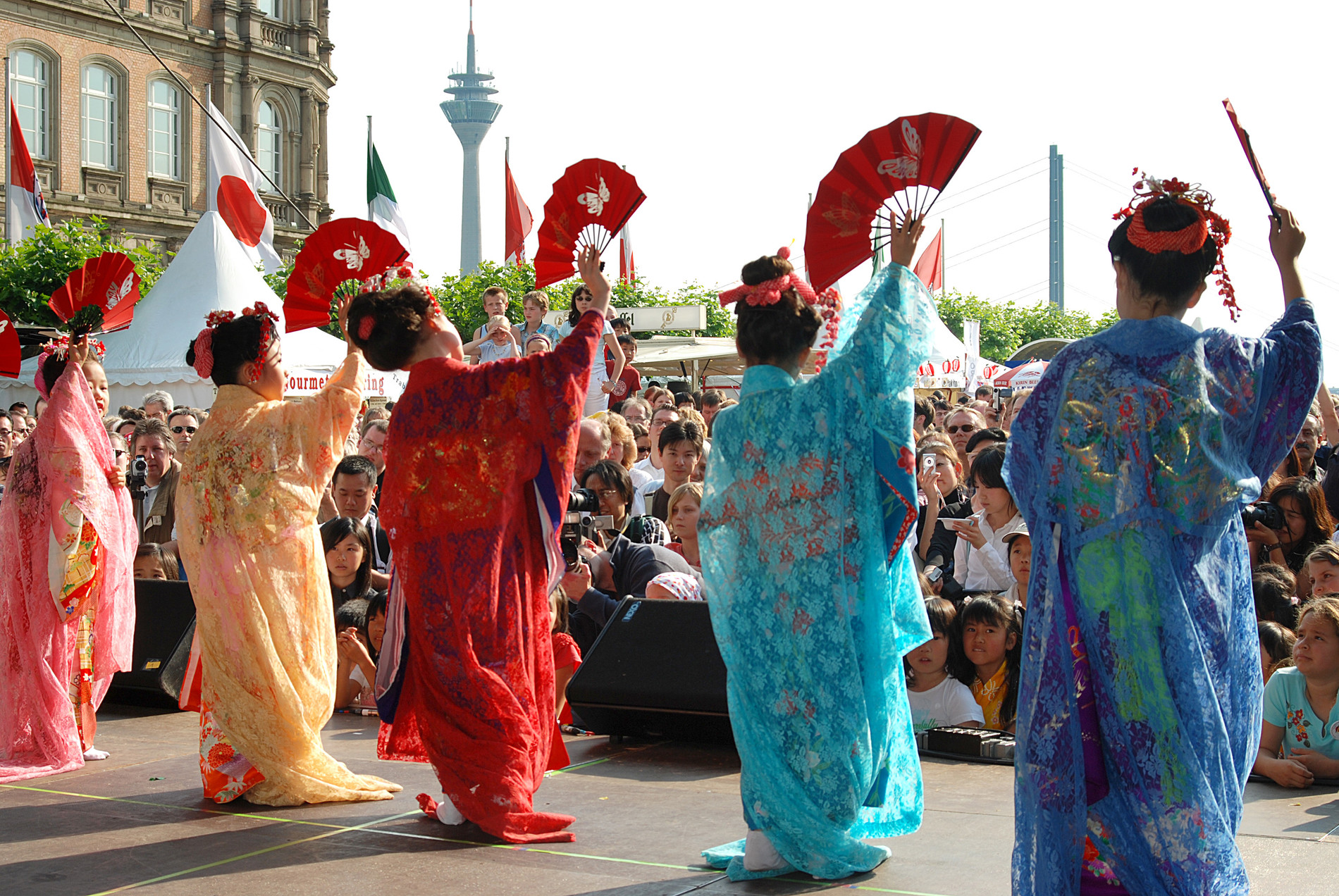The Christian Democratic Union (CDU) in Düsseldorf has firmly opposed a proposal to ban cars in the city center during Japan Day. This rejection comes in response to a motion by the Green Party, challenging the cooperation between the two political groups.

CDU’s opposition to the car-free Japan Day
The CDU faction in the Düsseldorf city council has announced its opposition to a car ban in the central inner city during Japan Day. This stance contradicts a Green Party motion set to be discussed in the next council meeting, despite the two parties being cooperation partners.
According to the CDU, there are better opportunities for a car-free inner city, such as during the European Mobility Week in Düsseldorf. The party argues that Japan Day, which attracts hundreds of thousands of visitors, is economically too important for the city and too sensitive in terms of security requirements “to be misused for traffic experiments,” as stated by the Union. The faction declared on Tuesday, “We do not want a forced conversion of the Japan Festival into a car-free day.”
CDU Deputy faction leader Andreas Hartnigk considers the Green Party’s proposal absurd, believing it would lead to a severe loss of attractiveness for the Japan Festival. Hartnigk cites several reasons for the rejection.
Economic and safety concerns
The CDU argues that an additional car ban on Heinrich-Heine-Allee and Königsallee would bring many disadvantages. Blocking access to city center parking garages would deter many guests who primarily come for Saturday shopping, independent of Japan Day. Hartnigk warns, “If you scare them away, businesses and traders around Kö and Co. face economic losses.”
Moreover, closing Heinrich-Heine-Allee would create a significant security problem, as it serves as the central axis for escape, rescue, and police routes for the entire inner city. The CDU also points out that public transportation would be affected by the closure of Heine-Allee. Additionally, they question whether Japan Day truly requires more space through car-free zones.

Preserving the event’s character
“The event locations in the old town and along the Rhine promenade have proven successful. Anything beyond that means more offerings, more effort, more programming – with additional costs for the city subsidiary D.Live as the organizer,” says the deputy faction leader. The CDU doesn’t want to simply mandate this “growth in size: If at all, Japan Day should be able to develop from within itself – without political patronization.”
Lastly, the CDU sees the success of Japan Day in its time limitation to Saturday. Stretching it to two days would unfavorably distribute the visitor flow. “In case of doubt, guests would prefer the day with the evening fireworks. A second event day would then have far less appeal. In the end, D.Live would be left with the additional costs,” Hartnigk concludes.
Japan Day in Düsseldorf, known as Japan-Tag, is an annual festival celebrating the cultural, historical, and economic ties between Germany and Japan. Held in May or June, it features Japanese food, music, martial arts, and a spectacular fireworks display on the Rhine. The event aims to foster cultural exchange and strengthen the bond between the two countries, while also allowing Düsseldorf’s significant Japanese community to showcase their heritage. It’s one of the largest Japanese cultural festivals in Europe, attracting hundreds of thousands of visitors each year.





